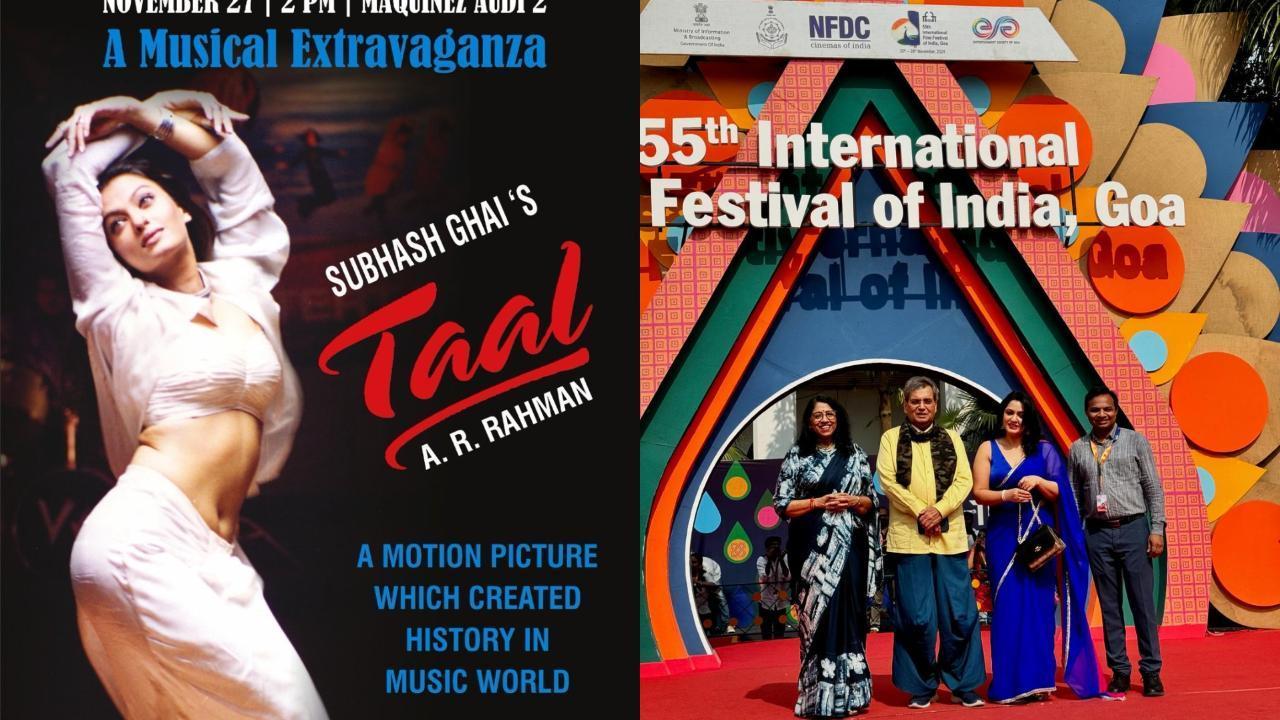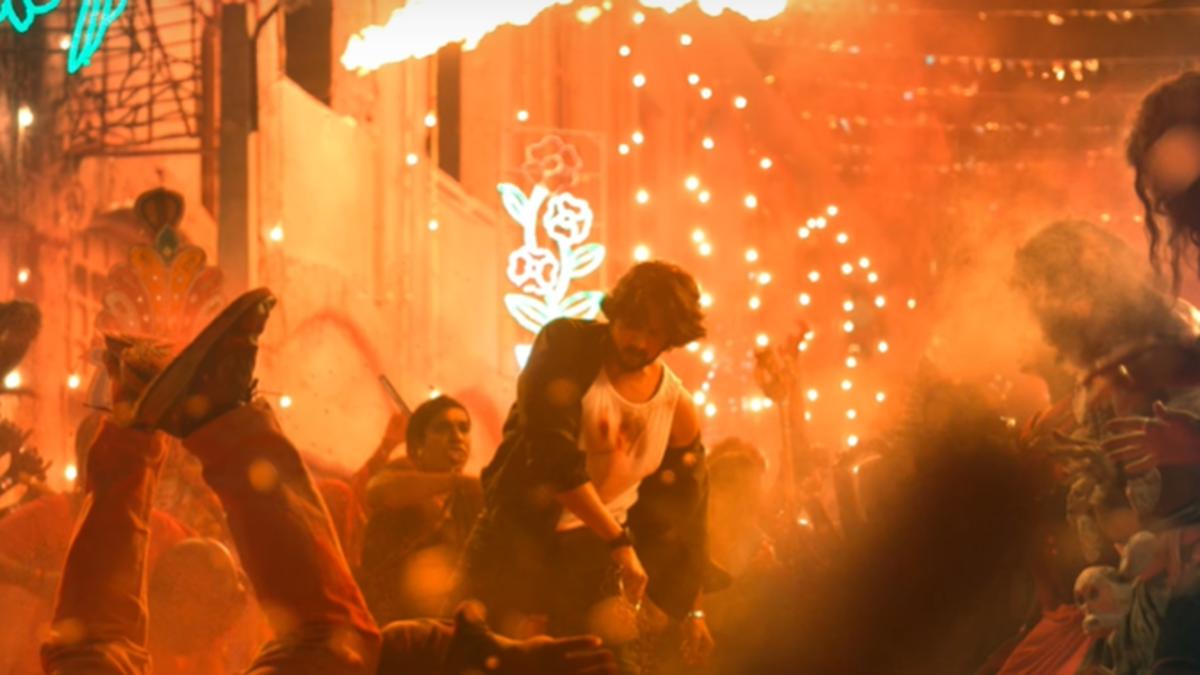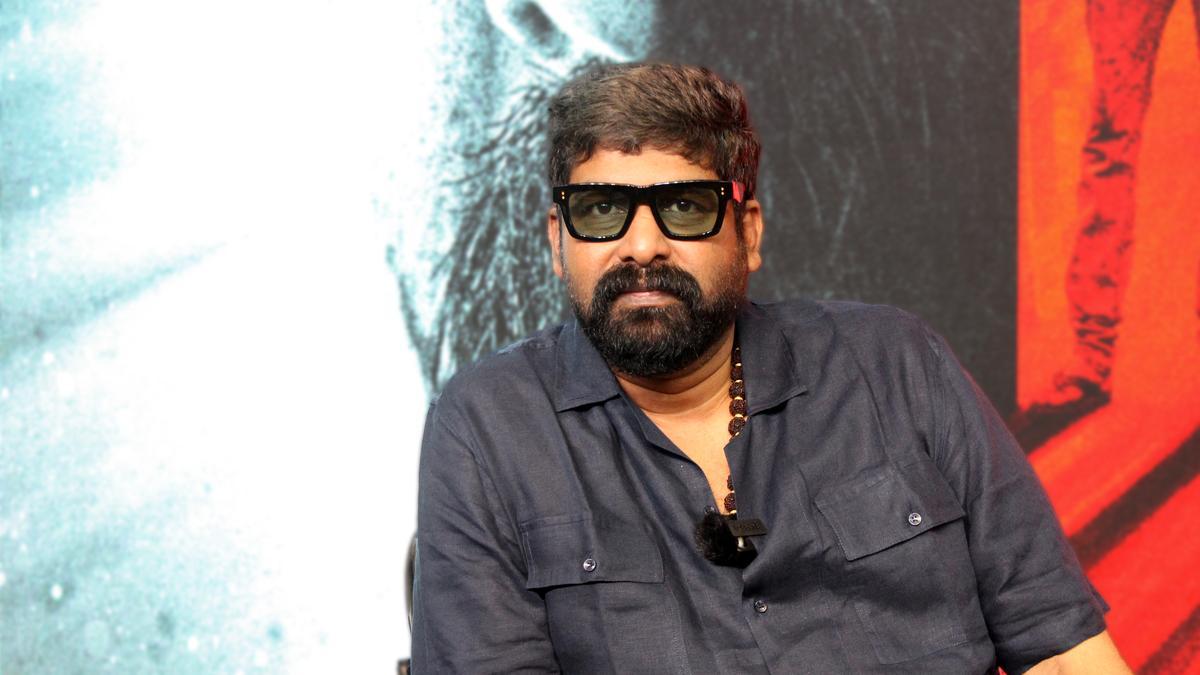
In a tense opener for the Intercontinental Cup at the GMC Balayogi Athletic Stadium, the Indian football team, under new head coach Manolo Marquez, was held to a goalless draw by the lower-ranked Mauritius team. The match on Tuesday brought mixed feelings as India’s inability to score highlighted residual issues from their recent failures.
India began the game with commanding possession, confidently controlling the ball and setting the pace. However, the visiting Mauritius side was spirited and matched India’s energy with sharp counter-attacks and resilience. Despite India’s early domination in terms of possession, they struggled to convert their opportunities into goals.
The game was symbolic of India’s ongoing challenges post the unsettling exit of former coach Igor Stimac. Stimac’s departure was triggered by India’s failure to progress to the third round of the 2026 World Cup Qualifiers—a setback that still looms large over the team. Ranked 119th, India was expected to outshine the 174th-ranked Mauritius, yet the final scoreline told a different story. Anxieties regarding the lack of finishing prowess were palpable throughout the match.
Within the first half, India’s offense showed glimpses of promise with swift movements from key players like Sunil Chhetri and Udanta Singh. Chhetri, in particular, tried to break through Mauritius’s defense but found himself closely guarded. Udanta’s speed down the wings added pressure but ultimately fell short of creating decisive opportunities.
Meanwhile, Mauritius capitalized on sporadic moments to push forward. Their defense remained tight and their midfield was quick to intercept, making it challenging for India to maintain fluid play. While India had their share of possession, the final third seemed to be a hurdle too high to surmount. Shots on goal from Anirudh Thapa and Sahal Abdul Samad either went wide or were comfortably saved by the Mauritius goalkeeper, Jean-Louis.
Manolo Marquez, watching keenly from the sidelines, appeared deeply contemplative. His initial matches as the head coach of Hyderabad FC had set high expectations, and there was palpable pressure to steer the national team towards redemption. Post-match, Marquez acknowledged the challenges but emphasized the importance of mental fortitude. “It’s not just about skills; our players need a stronger mindset to seize opportunities and face high-stakes situations,” he remarked.
.
The second half saw a slight tactical shift from India with more aggressive pressing. However, the trend persisted. Mauritius’s defense remained unyielding. The inclusion of substitutes like Liston Colaco and Ishan Pandita infused fresh energy, yet the end product was still missing.
Throughout the game, the Indian defense, marshaled by Sandesh Jhingan and Pritam Kotal, ensured that Mauritius’s chances were limited and managed to stifle any significant threats. Goalkeeper Gurpreet Singh Sandhu had a relatively calm evening, only needing to make routine saves.
In the stands, the anticipation and energy were palpable. Fans continued their steady chants and support, keen on witnessing a new chapter under Marquez’s leadership. Yet, as the final whistle blew, the realization was cemented that this campaign would require more than just fervor and tactical adjustments; it would need consistent execution and a concrete finish.
Football analysts have been quick to dissect the game, pointing out that while India’s control over possession is commendable, their conversion rate remains a glaring area requiring urgent improvement. Comparing this performance to their previous encounters, there has been progress in terms of structure and coherence under Marquez, but the crucial aspect of converting plays into goals remains elusive.
Reflecting on the numbers, India managed to attain over 60% possession; however, their shots on target remained significantly lower than what one would expect given their dominance in control. Mauritius, despite having lesser possession, showcased efficiency and a sturdy defensive strategy that correctly predicted and nullified India’s offensive attempts.
As the dust settles on this opening game, the Indian football team finds itself at a crossroads. The journey ahead in the Intercontinental Cup will be telling of Marquez’s strategies and the squad’s ability to adapt and perform under pressure. The spotlight now shifts to their upcoming matches. With lessons from this draw deeply embedded, there is cautious optimism that India can convert their potential into palpable victories.
The story undoubtedly highlights persistent issues but also sets the stage for potential resurgence. Fans and analysts alike will be keeping a close eye on how Marquez’s era unfolds, starting with their next fixture in the Intercontinental Cup. Whether this will mark the beginning of a formidable turnaround or a continued struggle remains to be seen.










